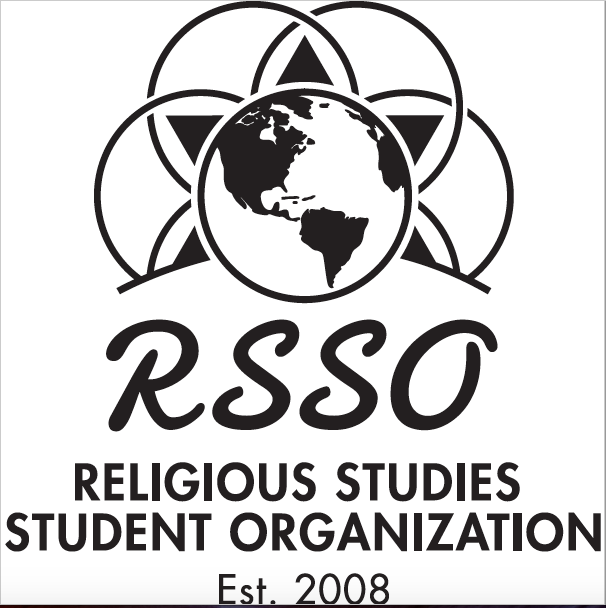Moderator
Sr. Mary Lea Schneider
Location
Room A
Start Date
1-4-2017 9:45 AM
End Date
1-4-2017 10:45 AM
Abstract
The Council of Chalcedon (451) was the fourth Ecumenical Council of the Christian church. It dealt with the issue of whether Jesus Christ in his incarnation had two natures or just one. The council resulted in a schism between those churches which accepted the council’s decision that Christ had two natures and those churches which did not, commonly referred to as Monophysites. Although there are many factors which encouraged the Monophysites to reject the council (political, cultural, etc.), our focus will be on the theological issues. We will examine these issues within in the context of the fourth- and fifth-century Christological debates, especially with reference to the differences between the Alexandrian and Antiochene schools of theology. Ultimately, the Monophysites rejected the council not because of what the fathers at the council were trying to say about Christ’s incarnation, but how they said it; since, the Chalcedonian definition was worded in a way that was contrary to their theological tradition. In fact, theologically speaking, the Monophysites had little to gain but much to lose by accepting the Council of Chalcedon.
Chalcedonians and Monophysites: the Nature of Christ’s Incarnation and the Creation of a Schism
Room A
The Council of Chalcedon (451) was the fourth Ecumenical Council of the Christian church. It dealt with the issue of whether Jesus Christ in his incarnation had two natures or just one. The council resulted in a schism between those churches which accepted the council’s decision that Christ had two natures and those churches which did not, commonly referred to as Monophysites. Although there are many factors which encouraged the Monophysites to reject the council (political, cultural, etc.), our focus will be on the theological issues. We will examine these issues within in the context of the fourth- and fifth-century Christological debates, especially with reference to the differences between the Alexandrian and Antiochene schools of theology. Ultimately, the Monophysites rejected the council not because of what the fathers at the council were trying to say about Christ’s incarnation, but how they said it; since, the Chalcedonian definition was worded in a way that was contrary to their theological tradition. In fact, theologically speaking, the Monophysites had little to gain but much to lose by accepting the Council of Chalcedon.

